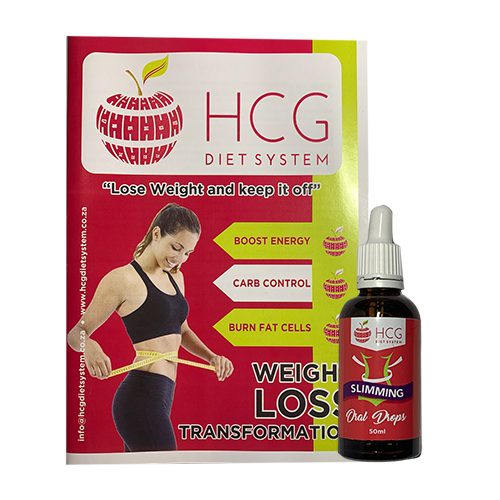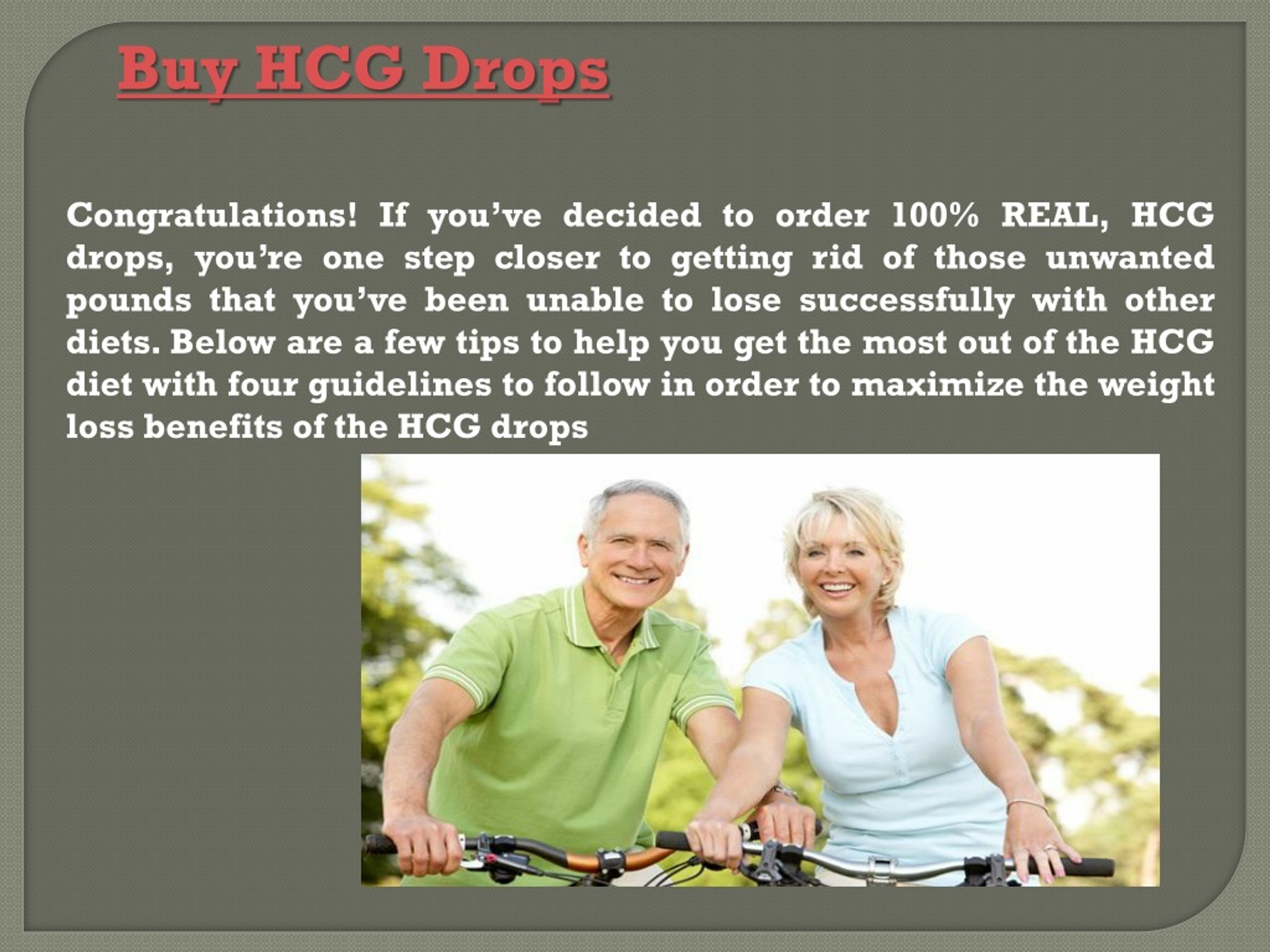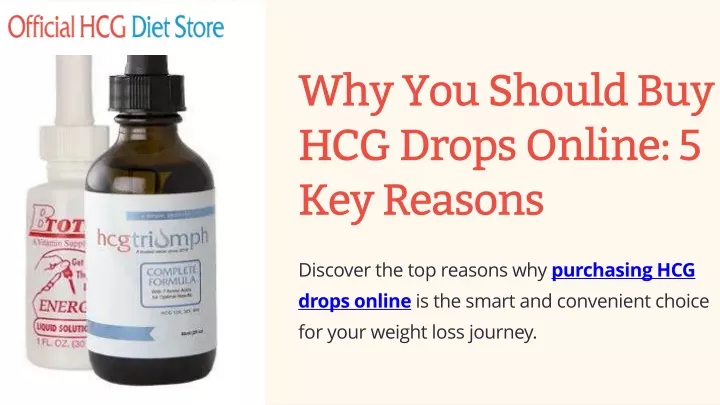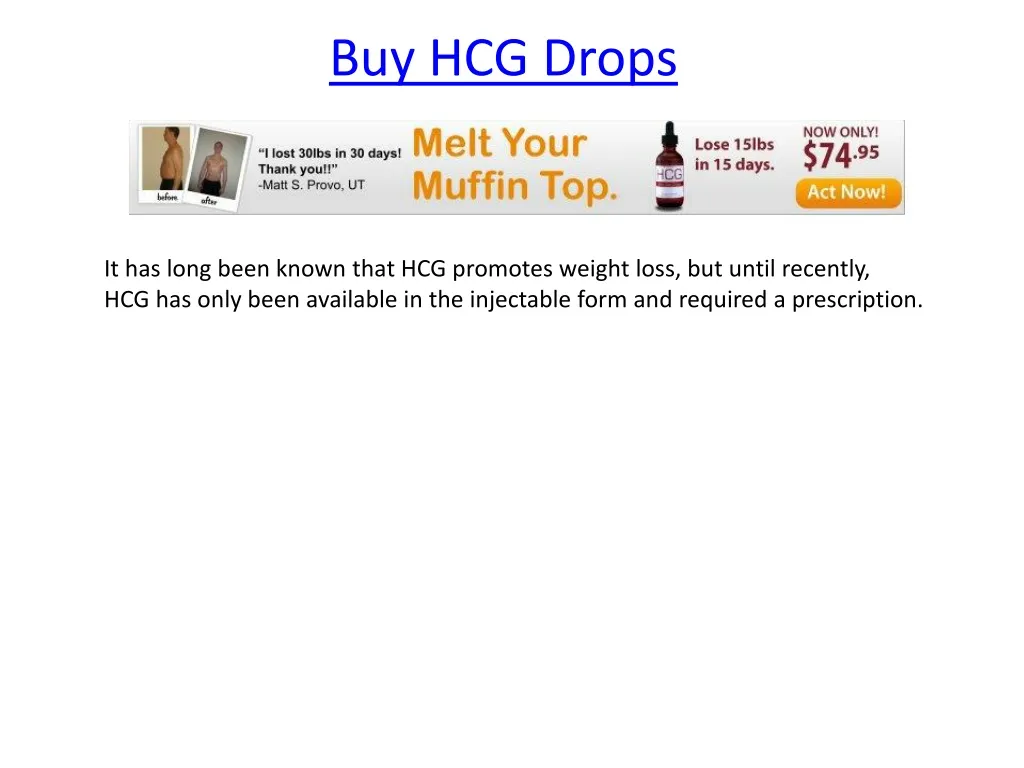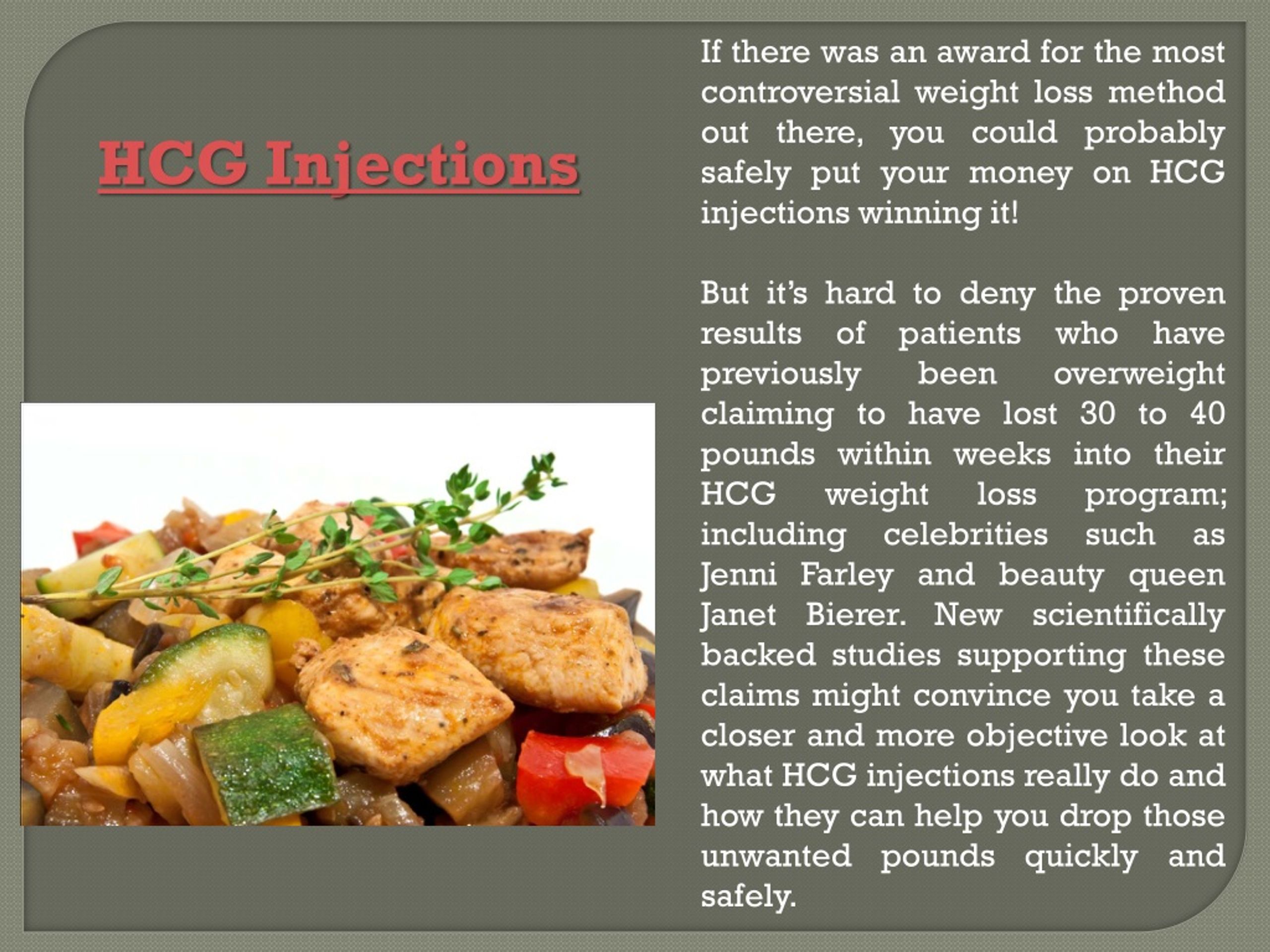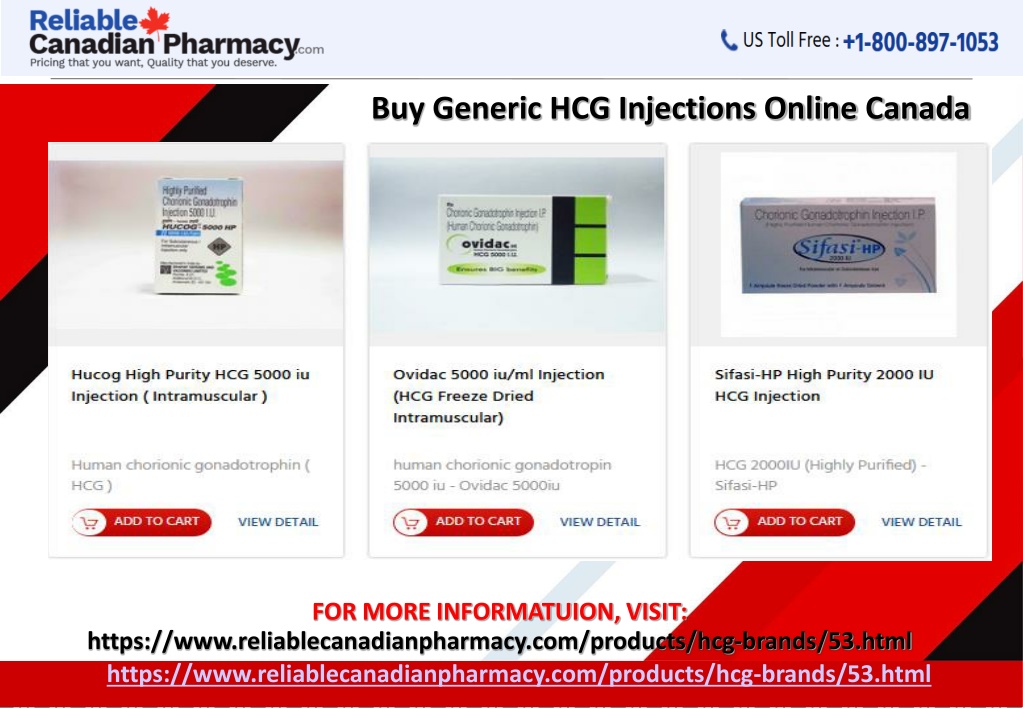Where Do You Buy Hcg Drops

The quest for rapid weight loss has fueled a burgeoning market for products promising miraculous results. Among these, HCG drops, marketed as a dietary supplement to be used in conjunction with a very low-calorie diet (VLCD), have gained significant attention. However, the availability and legality of these drops are shrouded in controversy, raising critical questions for consumers seeking this potential weight-loss solution.
This article delves into the complex landscape of where one can purchase HCG drops, navigating the legal restrictions, the varying product formulations, and the associated health risks. It aims to provide a comprehensive overview of the market, helping consumers make informed decisions about whether and where to acquire these products, and to understand the potential pitfalls involved.
Understanding the HCG Landscape
HCG, or human chorionic gonadotropin, is a hormone produced during pregnancy. Its use for weight loss has been controversial, stemming from research in the 1950s by Dr. A.T.W. Simeons. His "Pounds and Inches" diet involved daily HCG injections alongside a severely calorie-restricted diet.
While HCG is FDA-approved for specific medical treatments, like fertility treatments, its use for weight loss is not approved. The FDA and FTC have repeatedly warned consumers against using HCG products for weight loss, deeming them ineffective and potentially dangerous.
Legality and Availability
Due to the FDA's stance, the legal landscape surrounding HCG is complex. Prescription HCG, which is regulated, is typically administered via injection and requires a doctor's approval. However, many products marketed as "HCG drops" are sold online and in some retail stores as dietary supplements.
These "HCG drops" often claim to be homeopathic or contain very diluted forms of HCG. The FDA has taken action against companies marketing these products, asserting that they are often mislabeled and do not contain active HCG at levels that would be effective.
Online Retailers: A Buyer Beware Zone
The internet is flooded with websites selling HCG drops. Many of these sites operate outside of FDA jurisdiction, making it difficult to ensure product safety and quality. Consumers should be extremely cautious when purchasing HCG products online.
Red flags include exaggerated claims, lack of clear ingredient lists, and absence of verifiable contact information for the seller. Independent reviews and third-party testing reports, if available, can provide valuable insights, although their authenticity should also be carefully evaluated.
Retail Stores: Limited Availability and Questionable Efficacy
Some retail stores, particularly those specializing in health and wellness products, may carry "HCG drops." However, the products are typically marketed as dietary supplements and often lack credible scientific backing for their weight-loss claims. It's crucial to scrutinize the product labels and research the manufacturer before making a purchase.
The Risks Associated with HCG and VLCDs
Beyond the questionable efficacy of HCG drops, combining them with a VLCD can pose significant health risks. VLCDs, typically involving calorie intake below 800 calories per day, can lead to nutrient deficiencies, electrolyte imbalances, and heart problems.
Side effects can include fatigue, headaches, dizziness, hair loss, and muscle loss. Furthermore, individuals with pre-existing medical conditions, such as diabetes or heart disease, should avoid VLCDs without close medical supervision.
The Homeopathic HCG Question
Many HCG drops are marketed as homeopathic. Homeopathy is a system of alternative medicine based on the principle of "like cures like," using highly diluted substances. The scientific community largely rejects homeopathy, citing a lack of evidence for its effectiveness.
The FDA does not regulate homeopathic products in the same way it regulates drugs and devices. Therefore, products labeled as "homeopathic HCG" are not subject to the same rigorous testing and approval processes.
Seeking Safer Alternatives
Given the risks and lack of scientific evidence supporting HCG drops for weight loss, healthcare professionals generally recommend safer and more sustainable approaches. These include balanced diets, regular exercise, and lifestyle modifications.
Consulting a registered dietitian or a qualified healthcare provider can help individuals develop a personalized weight-loss plan that aligns with their health needs and goals. Prescription weight-loss medications, under medical supervision, may be an option for some individuals, but these are subject to strict regulatory controls.
Future Outlook
The future of HCG drops in the weight-loss market remains uncertain. Continued scrutiny from regulatory agencies, coupled with growing consumer awareness of the risks and limitations, may lead to a decline in their popularity.
Emphasis on evidence-based weight-loss strategies and promoting healthy lifestyle choices is likely to become the dominant narrative. Consumers are encouraged to prioritize their health and well-being over quick-fix solutions that lack scientific validity and potentially endanger their health.





